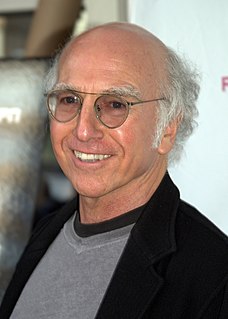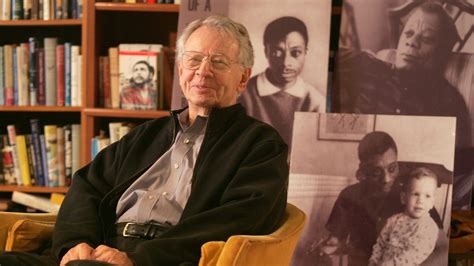A Quote by Charlie Kaufman
When I'm writing a script, before I can write dialogue or anything, I have two or three hundred pages of notes, which takes me a year. So, it's not like "what happens next." I've got things that I'm thinking about but I don't settle on them. And if I try to write dialogue before then, I can't. It's just garbage.
Related Quotes
The way you write dialogue is the same whether you're writing for movies or TV or games. We use movie scriptwriting software to write the screenplays for our games, but naturally we have things in the script that you would never have in a movie script -- different branches and optional dialogue, for example. But still, when it comes to storytelling and dialogue, they are very much the same.
I tend to start with a kernel, a vague concept, and just begin to write things down - notes about a character, lines of dialogue, descriptive passages about a place. One idea fires another. I do that for about a year. By then there's a story, and I'll go on to a complete first draft that sews many of those ragtag pieces together.
The way we work at Pixar is we write the script, but then we quickly move on into story reel, which is basically like a comic-book version of the film. And then we do our own dialogue and music and sound effects, all in an effort to be able to basically sit in the theater and watch the movie before we shoot it, essentially.
I procrastinate in spades. In my defence, I also try to have all other distractions solved before I can concentrate on writing. My small theory is that to write for three hours, you need to feel like you have three days. To write for three days, you need to feel like you've got three weeks, and so on.
Like a lot of us, sometimes I'm preaching to the choir, and sometimes my voice doesn't even get heard at all. Sometimes I think that what I'm writing now might not even have an impact for the next three or four generations. Sometimes I sit there and write, and I think, "It'll be two hundred years before they get what I'm writing about."
There are a number of things that I'm trying to get into the books. There's a meta-fictional aspect, if I may use that pretentious word, to writing anything. You're writing in the shadow of all the people that have gone before and, in a way, you're having a dialogue with them. As someone who's read J.R. Tolkien and Robert E. Howard and all the great fantasists before, this is almost my answer to them.
Advice? Focus on the craft. Study the greats. Try and understand how and why they made the writing choices they did. Then, start by copying them...just as an exercise. See if you can do similar things. Learn how to write a song like so and so. Then, when you've done that, write a song like yourself. Learn to color within the lines before going outside them.
Before, I was writing a script to make a movie. At a certain point, I became A Writer in Film and Television. So I got TV deals to write stuff, film deals to write stuff. But it's dangerous. I got into the WGA, and I became kind of, you know, a slave! They just pay you to write a script, and it's hard to make the movies.





































